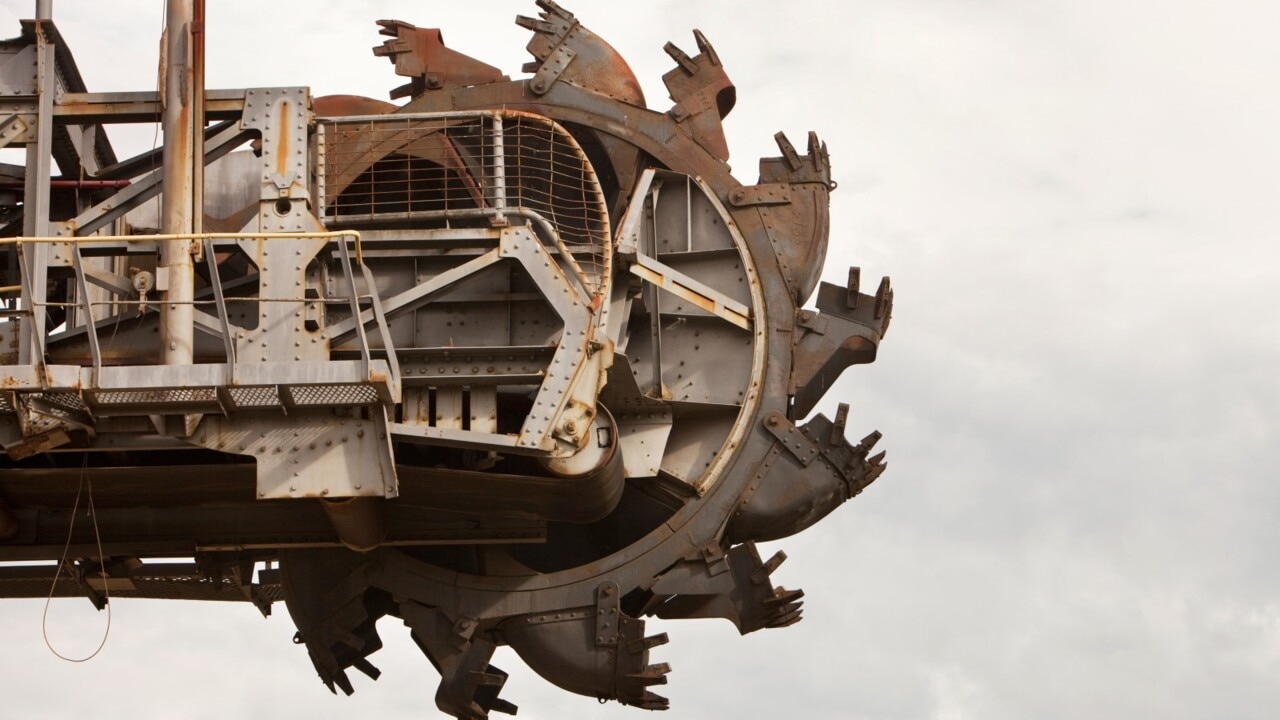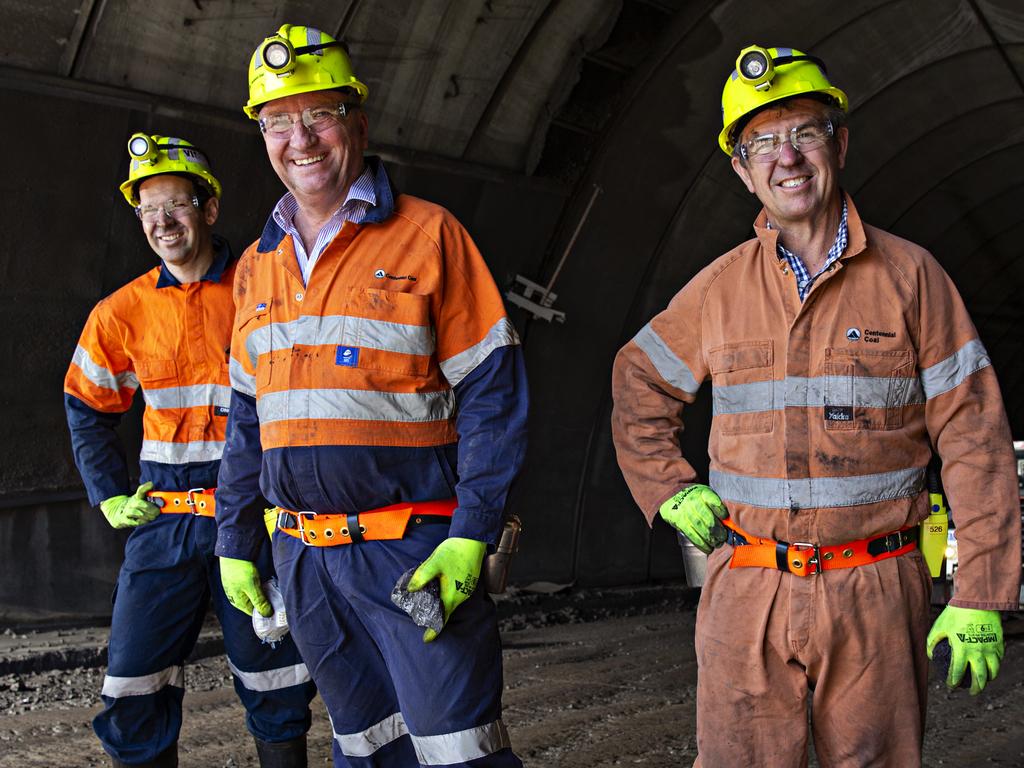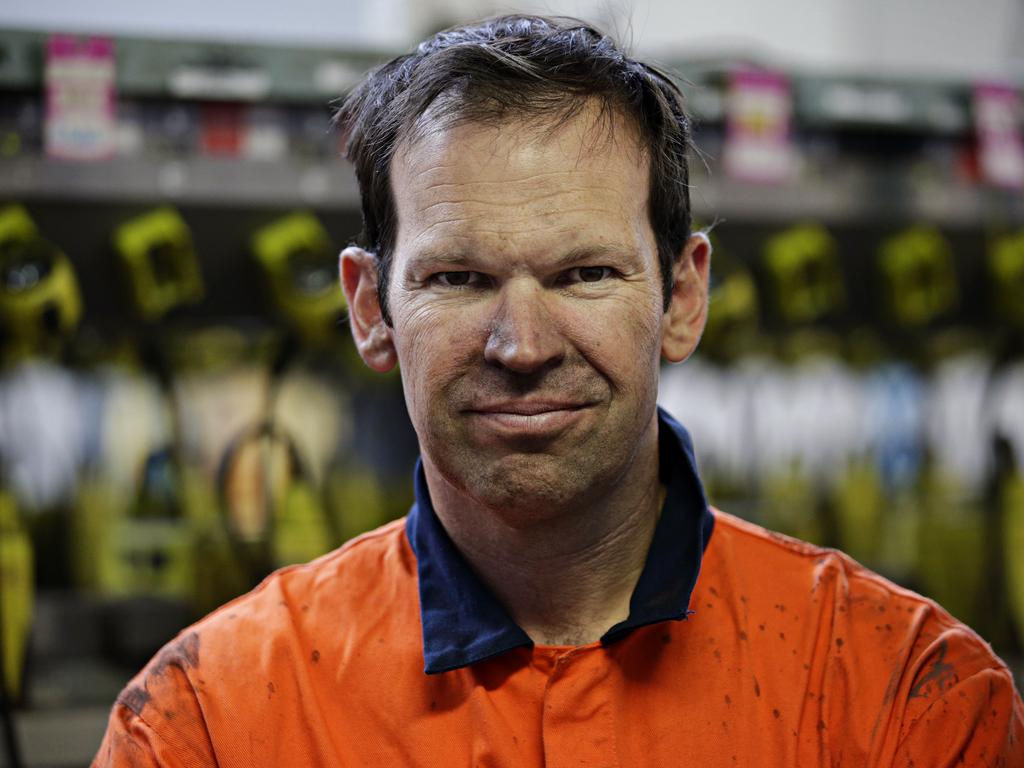City Liberals fire back at Nationals over coal
Climate divisions re-emerge as city-based Liberal MPs criticise Coalition partners.

City-based Liberal MPs have criticised the Nationals for proposing the construction of new coal-fired power stations, as Coalition divisions on climate change re-emerge in what could be an election year.
Liberal MPs Dave Sharma, Trent Zimmerman, Jason Falinski, Tim Wilson, Katie Allen and Andrew Bragg strongly rejected the need for new coal-fired power station subsidised by the federal government.
The MPs, who represent affluent Liberal heartland electorates in Sydney and Melbourne, say the focus should be on renewable energy sources backed up by gas, hydro and batteries.
The junior Coalition party’s backbench unveiled in The Australian on Tuesday its manufacturing blueprint, the first to be released by its policy committee, calling for the construction of coal-fired power stations to support manufacturers.
The plan asks the Nationals leadership to commit to an “ambitious but achievable goal” of creating 800,000 jobs within 15 years and pushes for a government-subsidised “modern” coal-fired power station in the Hunter Valley.
But Mr Zimmerman, a leader of the NSW Moderate faction, said the proposal was a “concession” that new coal-fired power stations would never be backed by the private sector.
“Building new coal-fired power stations is completely inconsistent with the inevitable course where energy is heading in Australia, and would only serve to undermine our goal of reducing emissions and getting to net-zero,” he said. “We need to focus on where the world and our community is at, which is facilitating the uptake of renewable energy, which is already performing so strongly because it has become so economically viable.”
Mr Falinski, who represents Mackellar in Sydney’s northern beaches, said the Nationals were proposing protectionist policies for the coal sector. “Protecting failing industries is the opposite of what we should be doing if we want to be a competitive nation,” he said. “This is a 19th-century solution to 21st-century challenges.”
Wentworth MP Mr Sharma said Australia should look to become a “renewable energy superpower to make things like low-emissions steel, green aluminium, and hydrogen as a fuel”.
“We need to be looking forward, positioning ourselves for the technologies and industries of the future, not those of the past. This is the responsible way to secure our jobs and industries into the future,” he said.

Scott Morrison has ruled out taking a more ambitious 2030 emissions reduction target or new 2035 target to a key UN climate summit in Glasgow this year — as revealed in The Weekend Australian on Saturday — but conceded there was no longer any question about the need to work towards a zero-net emissions future.
The proposal by the Nationals would likely force Australia to jettison an ambition to pursue a goal of zero-net emissions in the second half of the century and threatens to reopen the climate wars in the Coalition, which have been relatively dormant in this term of parliament.
The Prime Minister has left the door open to signing up to a goal of reaching carbon neutrality by 2050, but has said he would not sign up to the commitment unless he could outline its impact on the economy and jobs.
A senior Nationals MP said the party would refuse to sign up to a net-zero emissions by 2050 target until the government could clearly explain how it was going to get there and who would pay for it.
They warned it would be foolish to sign up without a comprehensive plan while conceding Mr Morrison had a challenge in placating the junior Coalition partner and conservative Liberals on one hand and moderate Liberals on the other.
The government has slowly shifted its tone on climate since last year’s horrific black summer.
Ahead of the Glasgow conference, where there will be significant pressure on the Morrison government to go to net-zero emissions by 2050, Energy Minister Angus Taylor and US President Joe Biden’s climate envoy John Kerry have agreed to a joint working group to reduce carbon emissions. The government’s only formal climate change target is to lower emissions by 26-28 per cent of 2005 levels by 2030.






To join the conversation, please log in. Don't have an account? Register
Join the conversation, you are commenting as Logout